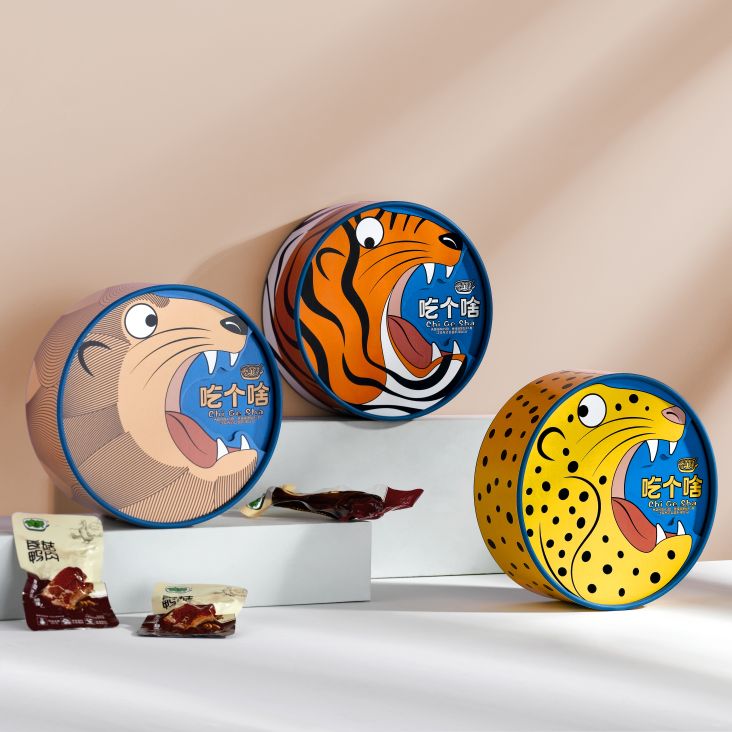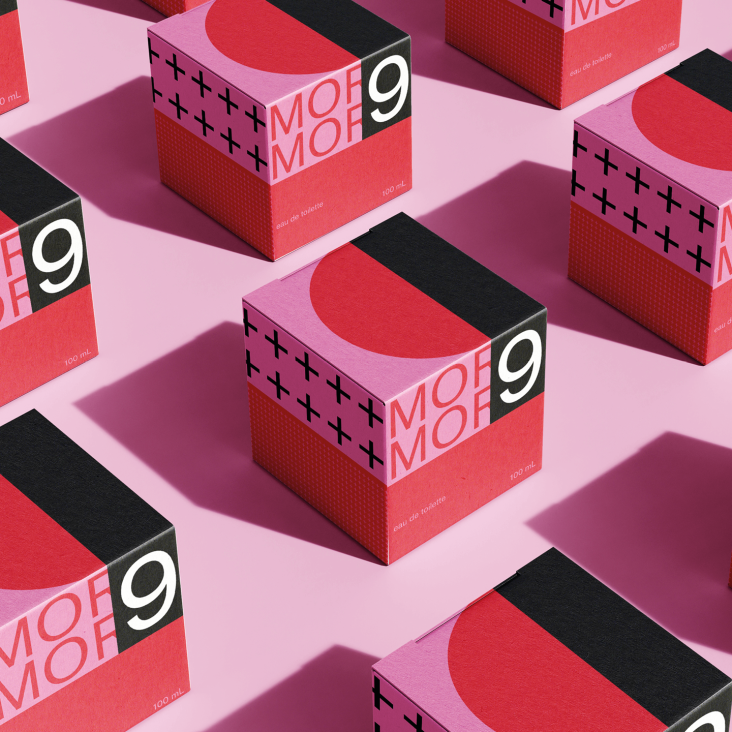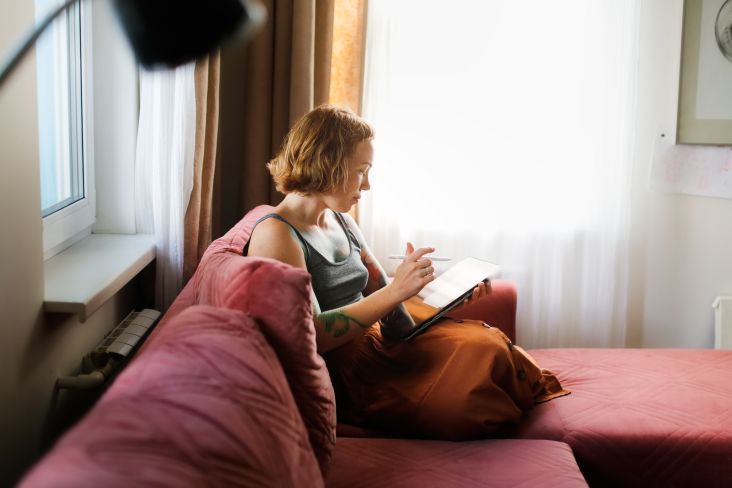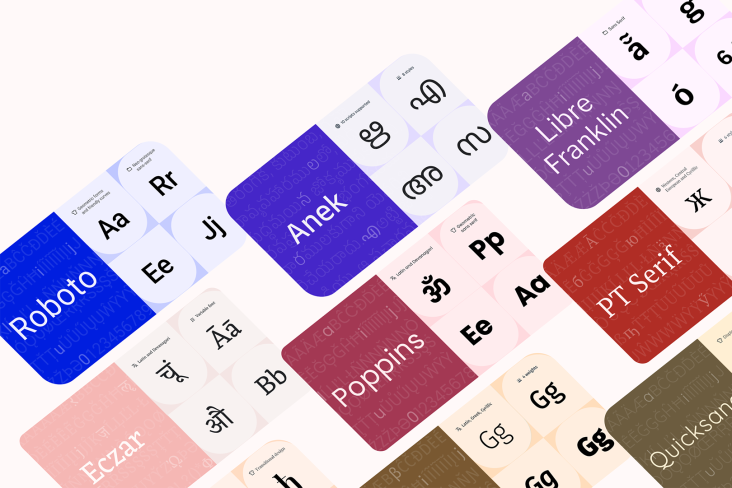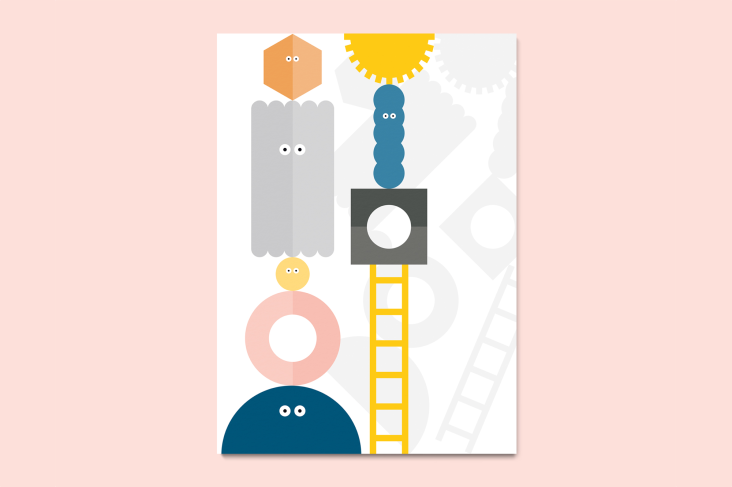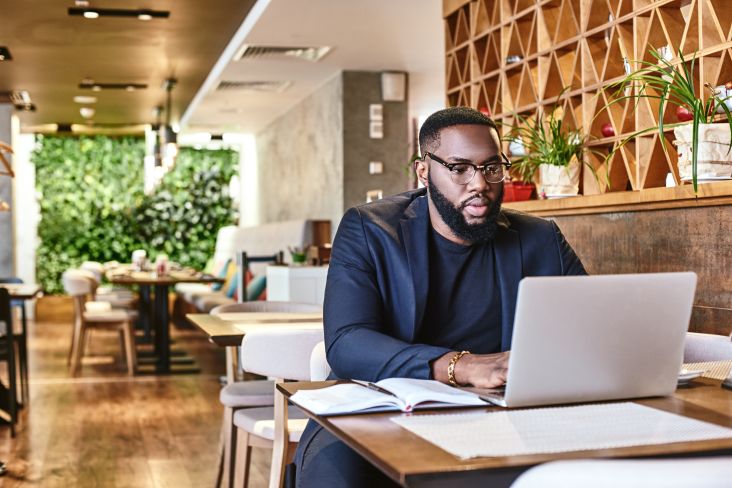How to get better every day: the unexpected way to build a creative agency
Ragged Edge is fifteen this year – the opposite of an overnight sensation. But while speed and scale grab the headlines, sustainable success needs a different approach. In investing, they call it 'the miracle of compounding'.
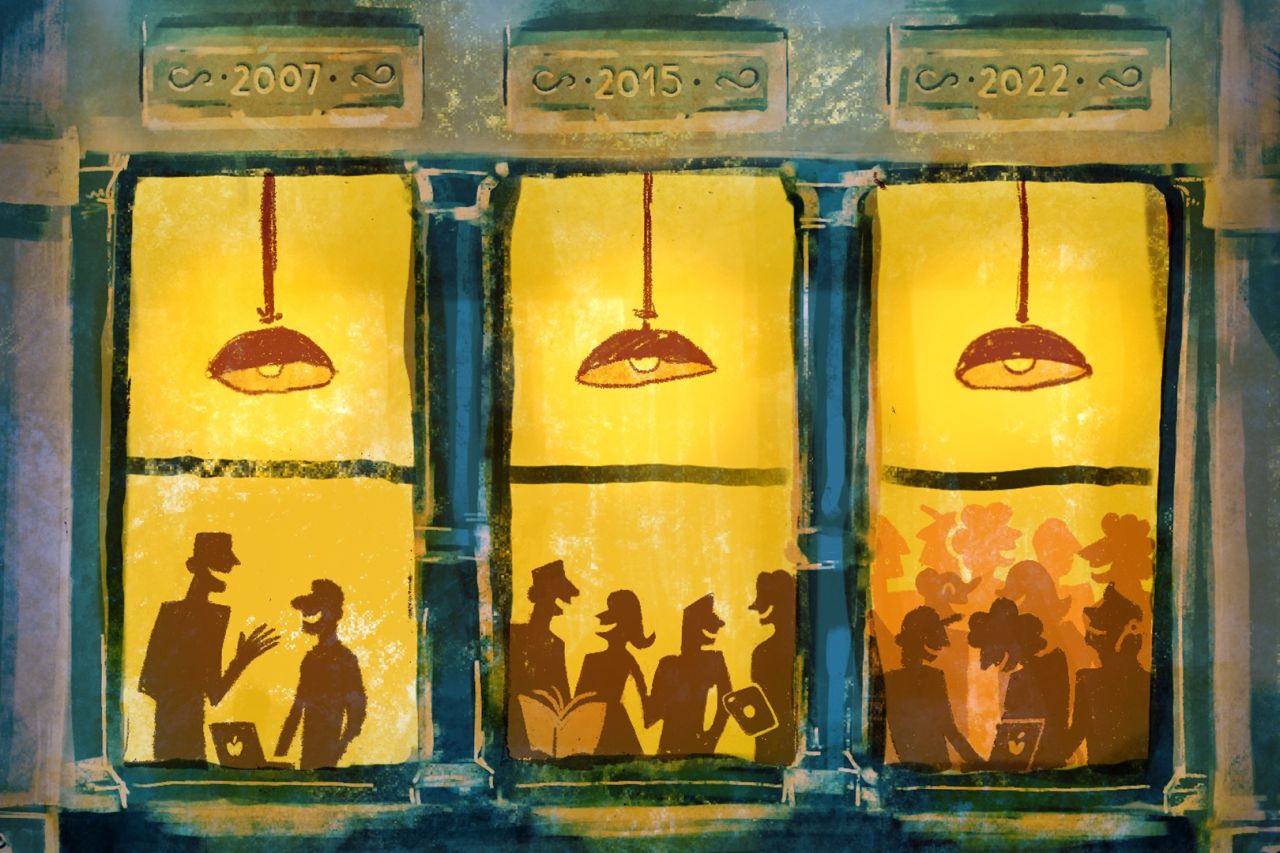
Illustration courtesy of Ragged Edge
The creative industry loves the next big thing. Every year we see new agencies exploding out of the blocks, delivering world-class work from the get-go and growing at an eye-watering pace, picking up a succession of A-list clients in months, not years. And in some cases raising the bar for the whole industry overnight.
As an agency owner, that's a little intimidating. But as an industry, it's worth celebrating. I love that new companies can compete with long-established brands almost from day one.
But it comes with a challenge. How many of those agencies have been able to keep up that pace while sustaining the quality of work that got them noticed? And how many have been able to do that while creating a sustainable culture?
Creativity is very, very difficult to scale. And it's even harder to scale quickly.
Sustainable growth brings compound benefits
When Matt and I started Ragged Edge in 2007, we did the opposite of exploding out of the blocks. We were outsiders. We had no big-name founding clients. No meaningful relationships in the industry. And no track record. We had no option other than to grow slowly and incrementally. Project by project, hire by hire. Our only focus was to get better every day.
But we discovered something pretty cool. Building an agency incrementally is a bit like investing. Without the pressure of having to deliver headline-grabbing growth, you start to make different decisions – decisions for the long-term. And the best bit? Just like investing, good decisions compound over time.
Compounding people
In an agency, everything starts with the people. We knew that to succeed, we'd have to hire people who were better than us.
It turns out that this approach is infectious. If you hire people who make you better, they’ll help you attract even better talent. Hiring great people has a compounding effect. Give it a few years, and you’ll end up with a pretty incredible team.
But the reverse is also true. When you’re growing at pace, the question ‘‘will this person make us better?’ quickly becomes “is this the best person we can find right now?”. That’s a very easy way to reduce the quality of people on your team, hire by hire. Once that starts to happen, it’s very hard to stop.
So we've learned to think about recruitment differently. Put simply, we're very picky, and we refuse to rush. If we meet someone who'll add to the business, we'll hire them, often regardless of whether we have a role open. But if we don't meet someone we're confident will make us better (regardless of the level), we won't hire anyone.
That may stop us from taking on work. But it will ensure that we're building a team who'll push us to get better, day after day after day.
Compounding clients
The same principle is true for the clients you take on. To grow quickly, you need to feed that growth with more and more clients. But the wrong client comes with a high cost. Work with the wrong people, with the wrong values, or just with people who see the world differently, and you're almost guaranteed to run into problems.
I can't think of a single time when working with a client that didn't feel right has ever paid off. The work suffers, the team suffers, and nobody leaves happy. That client won't speak positively about you, impacting future business. And – to make matters worse – it won't even pay off financially. 'Just take the money' jobs never end up with more cash in the bank. But once again, the reverse is true.
By being more intentional about who you say yes to and being more confident about saying no, you have the chance to shape the work you do now and in the future.
And working with the right people from the get-go will have a disproportionate impact on the success of your business. You'll do better work, the client will value it more highly, the team will love working with them, and they'll keep recommending you to more people like them.
Client by client, you'll get better. It's a wonderful formula for sustainable growth.
Compounding change
"Everything everywhere is always moving forever," Logan Roy once said. He was talking about the shifting loyalties in corporate deal-making. But he might as well have been describing running an agency. Change is hard. And when you're growing fast, it's even harder.
It's easy to allow a run of success to seduce you into thinking you've cracked it. But the creative industry moves frighteningly quickly. And the hottest agency can slide into obscurity overnight. We've certainly had moments when we've started to believe our own hype, only to be swiftly reminded that the rest of the agency world wasn't simply standing still and applauding.
The agencies who've managed to build lasting businesses all share a secret. They've been able to be consistently effective while living in a constant state of evolution. And they've done so out of choice.
I've learned that succeeding in the long term requires you to be constantly pushing beyond what's comfortable. That means embracing big shifts in direction (we're currently on Ragged Edge v3) when they're needed. But just as importantly, it means embedding ongoing evolution into the culture. And giving everyone the mandate to push the agency forward, one change at a time. Because those small changes add up.
Compounding values
All the above stuff's important. But in the long run, it comes down to how you treat people.
If you're growing fast, momentum helps you get away with a lot. If an agency pisses off a few clients or doesn't look after its team properly, the positive PR coming from the work and the wins help distract from that, in the short term, at least.
But over time, you start to see the effects. The rumblings from ex-clients, the negative Glassdoor reviews, and the rapid turnover of the team.
You can't build a sustainable agency with an unsustainable culture. So looking after your team is your most important job. Thankfully the days when people would put up with big egos and toxic work environments for any length of time are drawing to a rapid close. Behaving decently isn't just the right thing to do; it's a competitive advantage.
The same is true for all your relationships: clients, suppliers, and everyone in between. You won't keep everyone happy all of the time. But if you can treat people with respect, assume good intentions, empathise and – where necessary, take a deep breath and accept the L – you'll find yourself attracting others who share similar values. And those people will attract others who believe in the same things. And so on. And so on.
Embrace the miracle of compounding
It's easy to get distracted. To compare yourself against the headlines. But building something sustainable is about making small, long-term decisions every day. It's about defining what matters to you and being ruthlessly intentional about it.
If you can do that, you might just be able to replace dramatic ups and downs with the miracle of compounding. And a culture that's hardwired to get better. And better. And better.

















